Reanalyzing Genome Data Helps Diagnose Infants With Epilepsy
Researchers studied infants with unexplained epilepsy, particularly those who had undergone rapid genome sequencing that did not provide clear answers.
This hub covers pediatric epilepsy in infants, kids, and teens, including diagnosis, syndromes, development, school plans, and safety. New studies translated into clear takeaways for parents.
Usually when two appropriate medications haven’t controlled seizures.
Many families benefit and it depends on seizure frequency, medications, and learning needs.
Often yes, with smart precautions. Ask your neurologist or epileptologist about your child’s specific risks.
Clusters, prolonged seizures, breathing trouble, new weakness, or major regression.
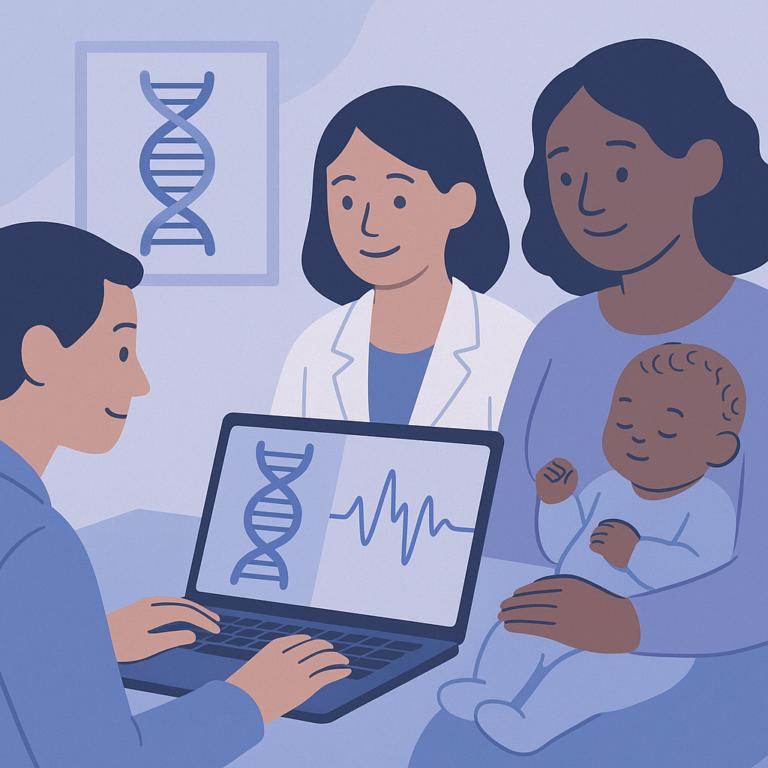
Researchers studied infants with unexplained epilepsy, particularly those who had undergone rapid genome sequencing that did not provide clear answers.
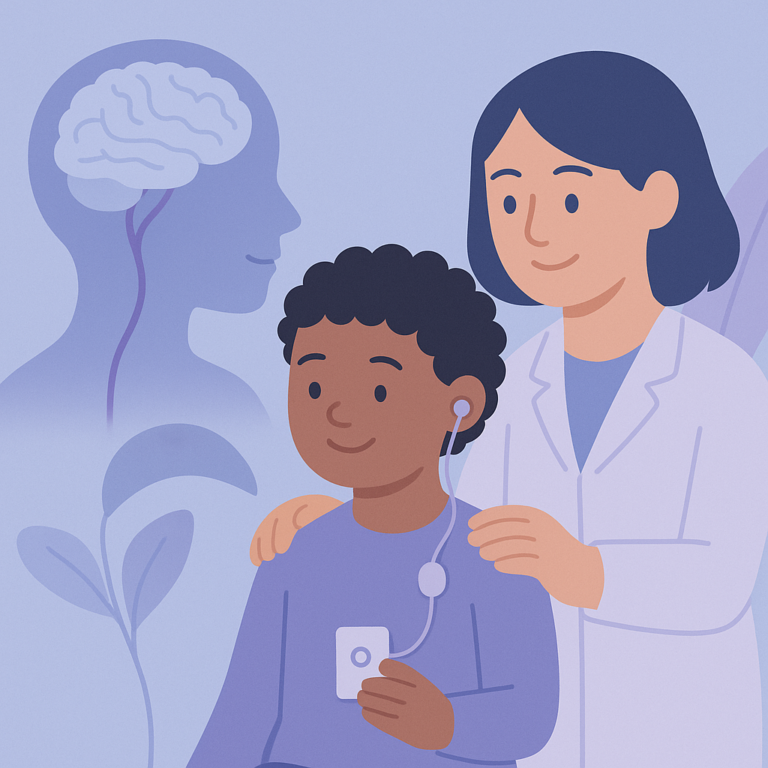
A study was conducted to look at how effective vagus nerve stimulation (VNS) is for treating children with hard-to-control epilepsy, specifically those who have myoclonic seizures.

A recent study looked at how anti-seizure medications (ASMs) are used and their costs for children in France from 2014 to 2023.

This study looked at the effects of highly purified cannabidiol (CBD) on girls with CDKL5 deficiency disorder (CDD), a condition that causes severe seizures and other challenges.
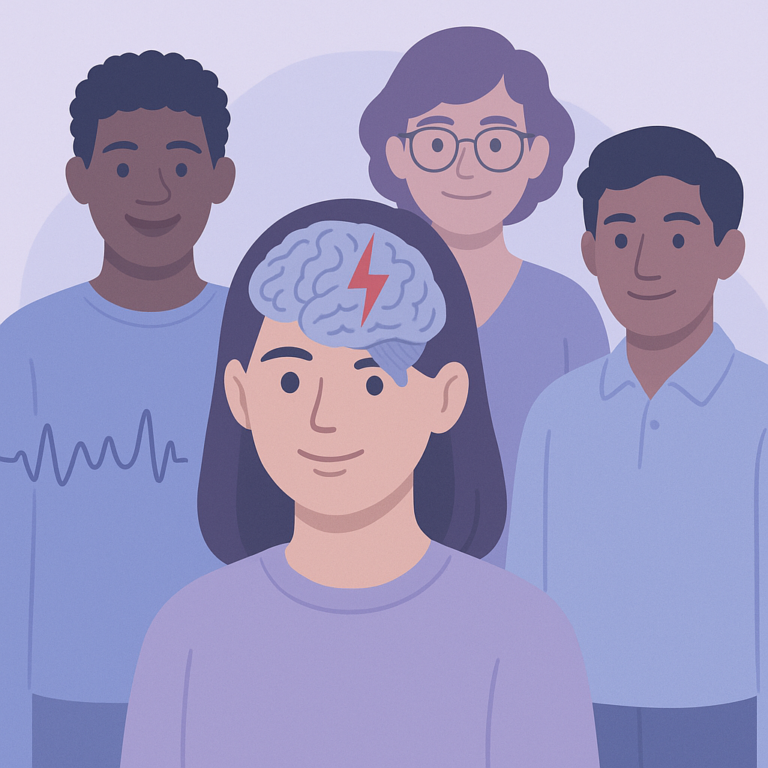
This study looked at the risk factors for developing post-stroke epilepsy (PSE) in children who have had a stroke.

Researchers studied how the ketogenic diet (KD) affects the microbiota-gut-brain axis (MGBA) in people with drug-resistant epilepsy (DRE).
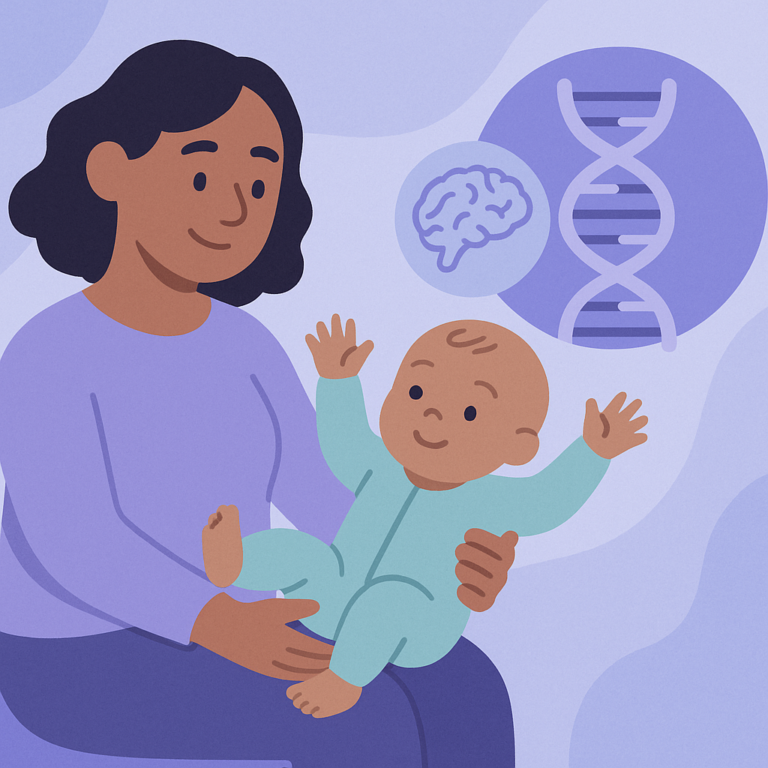
Researchers studied a patient with unusual movement problems linked to a change in the PRRT2 gene.
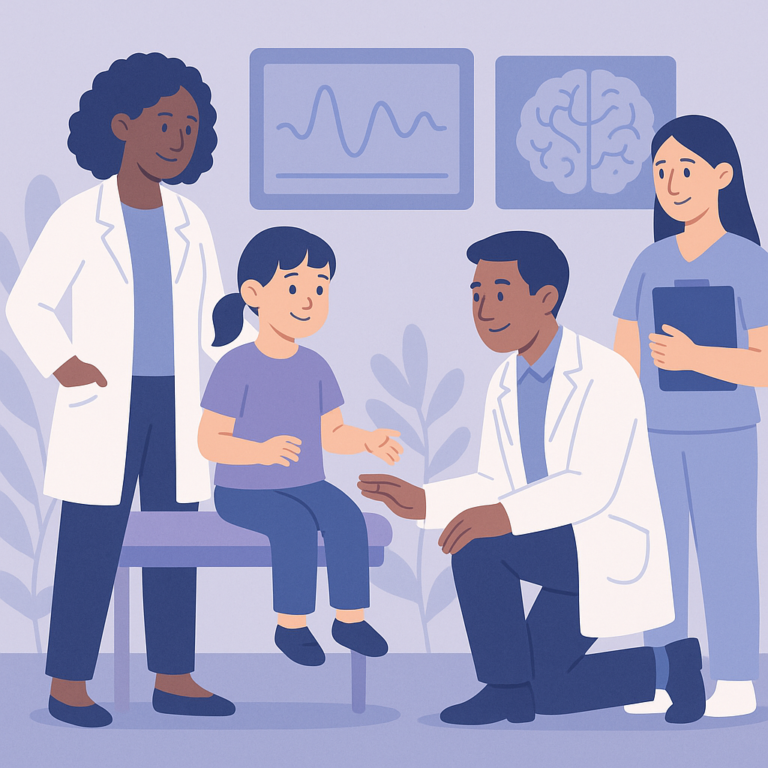
Researchers studied how children with movement disorders, specifically those with severe muscle stiffness (known as hypertonia), are evaluated before undergoing neurosurgery.

The I-ACQUIRE Phase 3 trial studied infants and toddlers aged 8 to 36 months who had experienced perinatal arterial ischemic stroke, which can lead to movement difficulties and other disabilities.